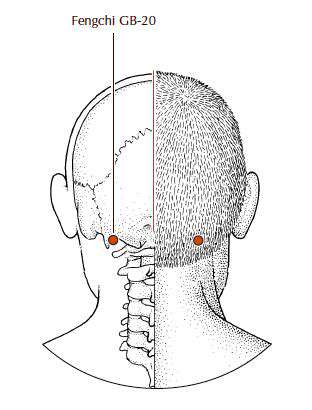Eating for Brain Health: Foods That Boost Focus
Mindful Eating and Lifestyle Choices for Optimal Brain Health
Mindful Eating Practices for Cognitive Enhancement
Mindful eating goes beyond simply chewing your food slowly. It involves paying close attention to the entire eating experience, from the aroma and appearance of the food to the sensations in your mouth and the signals your body sends about fullness. By consciously engaging with each bite, you can develop a deeper awareness of your body's needs and cravings, allowing you to make healthier food choices aligned with your physical and mental well-being. This heightened awareness can help you avoid mindless overeating and make conscious decisions about what you put into your body, ultimately contributing to improved cognitive function.
Practicing mindful eating techniques, such as savoring each bite, eating slowly, and paying attention to your hunger and fullness cues, can significantly impact your brain health. Studies have shown that mindful eating can lead to reduced stress and anxiety, which are known factors that can negatively affect brain function. By cultivating a more present and mindful relationship with food, you can create a positive feedback loop that promotes both physical and mental well-being.
The Importance of Balanced Nutrition for Brain Fuel
A balanced diet rich in essential nutrients is crucial for optimal brain health. Focus on incorporating a variety of colorful fruits, vegetables, whole grains, lean proteins, and healthy fats into your meals. These nutrient-rich foods provide the building blocks for neurotransmitters, the chemical messengers in your brain that facilitate communication between nerve cells. Adequate intake of vitamins, minerals, and antioxidants is essential for protecting brain cells from damage and supporting cognitive function.
Specifically, foods rich in omega-3 fatty acids, such as fatty fish, walnuts, and flaxseeds, are vital for maintaining the structure and function of brain cells. Crucially, limiting processed foods, sugary drinks, and excessive saturated and unhealthy fats is equally important. These dietary choices can contribute to inflammation, which can negatively impact brain health over time. A balanced diet, therefore, is a cornerstone of a healthy brain.
Hydration: A Silent Partner in Cognitive Function
Water is essential for numerous bodily functions, including brain function. Proper hydration is vital for optimal cognitive performance. Dehydration can lead to impaired concentration, reduced alertness, and even mood swings. Staying adequately hydrated throughout the day helps transport nutrients to the brain and removes waste products, ensuring optimal brain function.
Carry a water bottle with you and sip on water regularly throughout the day. This simple habit can significantly improve your cognitive abilities and overall well-being. Pay attention to your body's thirst cues and drink water proactively to maintain hydration levels throughout the day, especially before, during, and after physical activity. The benefits of hydration extend beyond physical performance to include improved brain health.
Lifestyle Factors Impacting Brain Health
Beyond nutrition, lifestyle choices play a crucial role in supporting cognitive function. Regular physical activity, such as exercise, is essential for promoting blood flow to the brain, which delivers oxygen and nutrients vital for brain cell health and function. Aim for at least 30 minutes of moderate-intensity exercise most days of the week. Getting adequate sleep is equally important, as the brain consolidates memories and repairs itself during sleep.
Stress management techniques, such as meditation and mindfulness practices, can help reduce the negative impact of stress on brain function. Chronic stress can negatively affect memory and cognitive performance. Prioritizing sleep, managing stress effectively, and engaging in regular physical activity are powerful tools to support your brain health.
The Role of Social Interaction in Brain Wellness
Maintaining strong social connections is not just important for emotional well-being; it's also crucial for brain health. Social interaction stimulates cognitive function, helps maintain mental sharpness, and reduces feelings of isolation and loneliness, which can negatively impact brain health. Regular interaction with friends, family, and community members provides opportunities for stimulating conversations, learning, and sharing experiences, all of which contribute to a healthier and more engaged brain.
Nurturing social connections and participating in activities that foster interaction can be beneficial in preventing cognitive decline and promoting overall brain wellness. Engage in activities you enjoy with others and cultivate meaningful relationships to support your brain's well-being. This social interaction can be a significant factor in maintaining cognitive function as you age.











